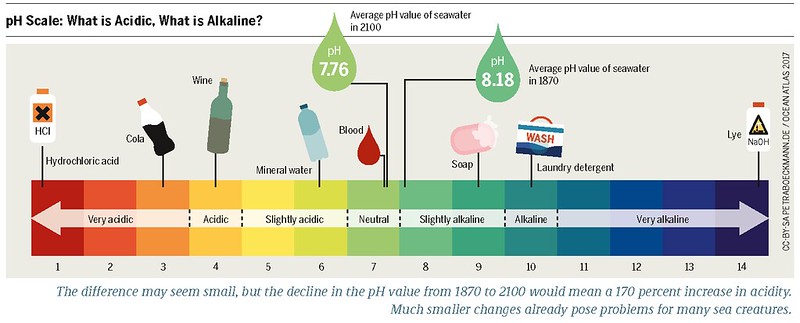The pH level of tap water in Louisville, Kentucky, USA is a crucial factor that affects its quality and safety for consumption. The Environmental Protection Agency (EPA) has set a recommended range of 6.5 to 8.5 for the pH of drinking water, and the tap water in Louisville generally falls within this range.
Understanding pH Levels in Tap Water
pH is a measure of the acidity or alkalinity of a solution, with a scale ranging from 0 to 14. A pH of 7 is considered neutral, while values below 7 are acidic and values above 7 are alkaline. The pH of tap water can be influenced by various factors, including the source of the water, the treatment process, and the presence of certain minerals and contaminants.
Factors Affecting the pH of Tap Water in Louisville
The pH of tap water in Louisville can be affected by several factors, including:
-
Water Source: The water source, whether it’s groundwater, surface water, or a combination, can have a significant impact on the pH level. The pH of the source water can vary depending on the geological and environmental conditions of the area.
-
Water Treatment: The water treatment process used by the Louisville Water Company can also affect the pH of the tap water. Certain treatment methods, such as the addition of chlorine or fluoride, can alter the pH level.
-
Minerals and Contaminants: The presence of minerals, such as calcium and magnesium, can increase the pH of the water, making it more alkaline. Conversely, the presence of certain contaminants, such as carbon dioxide or organic acids, can lower the pH, making the water more acidic.
Monitoring and Maintaining the pH of Tap Water in Louisville
The Louisville Water Company regularly monitors the pH of the tap water to ensure it meets the EPA’s standards. They use a variety of techniques, including:
-
pH Measurement: The company measures the pH of the water at various points in the distribution system to ensure it remains within the recommended range.
-
Water Treatment Adjustments: If the pH level falls outside the recommended range, the company can adjust the water treatment process to bring the pH back into the desired range.
-
Corrosion Control: The company also implements corrosion control measures to prevent the leaching of metals, such as lead, from the plumbing system, which can affect the pH of the water.
Potential Health Impacts of pH Levels in Tap Water
While the pH of tap water in Louisville is generally within the safe range, it’s important to understand the potential health impacts of extreme pH levels:
-
Acidic Water (pH < 6.5): Acidic water can be corrosive, leading to the leaching of metals from plumbing materials, which can be harmful if consumed. It can also have a sour taste and may cause irritation to the skin and eyes.
-
Alkaline Water (pH > 8.5): Highly alkaline water can also have negative health effects, such as gastrointestinal issues, skin irritation, and the potential for the formation of kidney stones.
Home Solutions for Balancing pH Levels
If you’re concerned about the pH level of your tap water in Louisville, there are several home solutions you can try:
-
Water Filtration Systems: Installing a water filtration system that is designed to balance the pH of the water can be an effective solution.
-
pH Adjustment Additives: You can add small amounts of baking soda or vinegar to your water to raise or lower the pH, respectively.
-
Testing and Monitoring: Regularly testing your tap water and monitoring the pH level can help you identify any issues and take appropriate action.
Conclusion
The pH of tap water in Louisville, USA is generally within the safe range set by the EPA, but it’s important to understand the factors that can affect it and the potential health impacts of extreme pH levels. By monitoring the pH of your tap water and using home solutions to balance it, you can ensure that your water is safe and enjoyable to drink.
References:
– Kentucky Geological Survey, “pH Layout.FH9 – Kentucky Geological Survey” (PDF), accessed on April 27, 2024, https://kgs.uky.edu/kgsweb/olops/pub/kgs/ic06_12.pdf
– Louisville Water Company, “Water Quality Report” (PDF), accessed on April 27, 2024, https://louisvillewater.com/Portals/0/Documents/About%20Us/Water%20Quality/2021%20Water%20Quality%20Report.pdf
– Environmental Protection Agency, “Basic Information about pH in Drinking Water” (PDF), accessed on April 27, 2024, https://www.epa.gov/sites/default/files/2015-09/documents/basicinformationaboutphindrinkingwater.pdf

